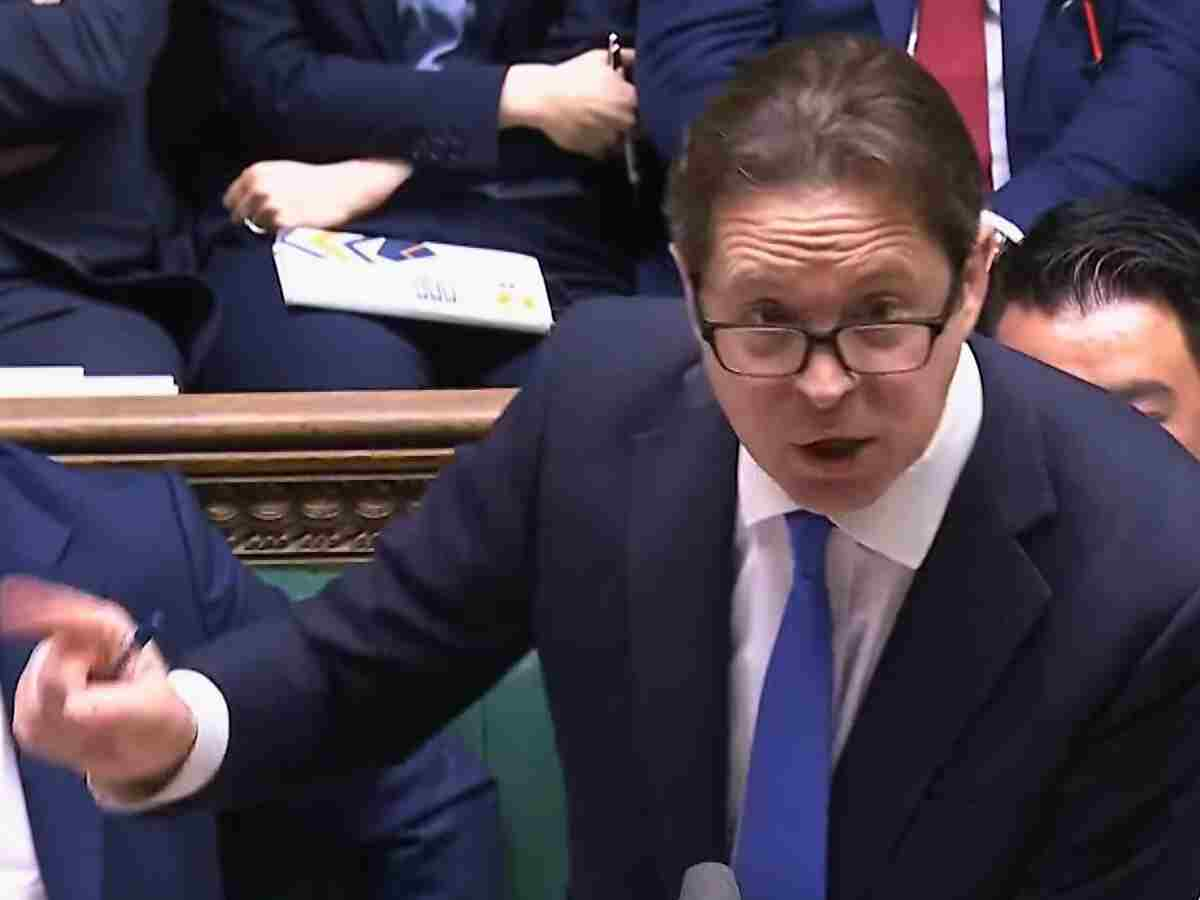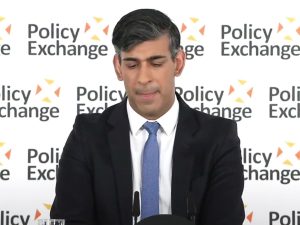Conservative Party shadow chancellor for the Duchy of Lancaster Alex Burghart stood in for new Tory leader Kemi Badenoch at Prime Minister’s Questions (PMQs) on 20 October. Keir Starmer, meanwhile, was off at the G20 summit in Brazil – just as the latest inflation figures were announced.
Burghart and Tory advisers thought it was a good idea to challenge Labour Party deputy leader Angela Rayner on inflation levels. He said:
What is the government doing to bring down inflation?
PMQs: good question, but totally wrong messenger
Now this could be a decent challenge because Labour are failing on energy independence. They aren’t delivering that through a Green New Deal (tackling fossilflation). Nor are they clamping down on rampant corporate profiteering (greedflation) through price controls or public ownership.
These are the significant causes of excess inflation.
That’s because energy prices, for instance, are a key input for people and businesses across the entire economy and particularly for energy intensive food and services. So when energy prices rise through increases in costs and profit, prices rise across sectors.
But of course, Burghart is a Tory and he was even less prepared for gas price rises in office then perhaps Labour would be. Rayner readily pointed this out:
Many people might not know that the honourable member was the minister for growth when under Liz Truss, inflation was 11.1% and growth flatlined. So we’re doing much better than he did!
In response at PMQs, Burghart said:
It was Ukraine… that drove up inflation
Tories had more than enough time to deliver green energy security
There was a peak of inflation in October 2022 at 11.1% under Burghart and Truss and after his party had been in government for 12 years. In January 2023, the IMF warned that the UK’s “high dependence” on expensive gas was inhibiting our recovery from issues that the Ukraine war largely exacerbated.
Yet research suggests that a government-funded green industrial overhaul to 100% renewables would take eight years. So the Tories had more than enough time to not only address the climate crisis, but deliver inflation-busting energy security in the process.
Labour aren’t doing it either
Labour, meanwhile, has pledged a pitiful £8bn to Great British Energy. This is a drop in the ocean compared to what’s necessary. And the Starmer-led government further showed its priorities through issuing a £22bn investment in carbon capture projects that don’t work, thereby propping up the fossil fuel industry.
So neither Tory Burghart, nor Labour’s Rayner have delivered when it comes to inflation.
Energy bills are now rising under Labour’s watch, contrary to its campaign pledges. And the Starmer and Rayner administration has failed to introduce price controls to curb the greedflation that research shows had a ‘significant’ impact on the 2022 high inflation levels. Multinationals used rising costs as cover to hike profits even further. Rayner may laugh at Burghart at PMQs, but we would likely have been in a similar situation under her watch.
A report from Positive Money, entitled ‘Inflation as an Ecological Phenomenon’, has found that countries with high energy security and strong price controls had relatively low levels of inflation during the global crises of recent years.
A great example is Switzerland, which had a peak inflation level of 3.5% in the summer of 2022. 60% of Switzerland’s electricity production is from hydropower and 29% from nuclear. On top of that, the government has issued price controls on 30% of goods and services in the country.
A lot more is possible than the sorry showing from Tory and Labour, both at PMQs and in government.
Featured image via The Telegraph – YouTube




